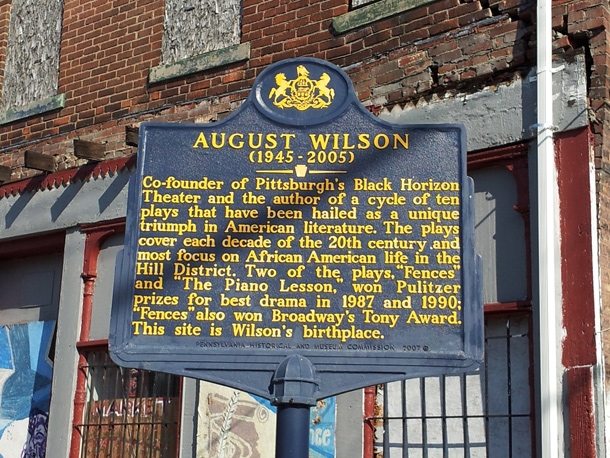Rio Scarcelli | staff writer
Sept. 30, 2021
Since Sept. 15, Duquesne University has been celebrating Latinx & Hispanic History Month by having various dance classes, speakers and other festivities spread throughout campus. On Sept. 23, speaker Cristobal Salinas sought to challenge the notion of Duquesne’s usage of the term “Latinx” with his Zoom-seminar titled “What is Latinx? Who is Latinx?”
Latinx is a word that has been around in North America since 2004 and has made a recent resurgence in usage since 2019. Many activists felt it was appropriate to make Latinx a commonplace word that could advocate for representation of the Hispanic community this way if it does not did strictly identify with the pronouns Latino/a.
While the goal of this word was to raise awareness for non-cis-gendered people in the Hispanic population, the idea was turned on its head with the research presented by Salinas, stating only 3% of Hispanics even use the word in the first place.
“The reason that I began to do this research was because American people began calling me Latinx whenever only 25% of the Hispanic population even knew what the word was,” Salinas said. “As a researcher even, I did not even know what it was. It then became my life goal to dissect the term Latinx in a way to educate the uninformed people that were potentially misgendering a majority of the population.”
Salinas said that he identified himself as a Latino with he/him pronouns. He shared many anecdotes from his own encounters being called Latinx alongside many of his colleagues. The common ground in all of their stories was that they felt they were being stripped of their gender and own unique identities.
History has lent itself to poor representation of the Hispanic community by means of boiling down their culture. Salinas recounted that there are over 21 Spanish-speaking countries considered to be a part of the Hispanic population. Up until the 1970s, each one of these countries were referred to by Americans as having a Mexican ethnic background regardless of their unique geographic location and language differences.
Though strides have been made since then within the United States to properly represent Hispanic peoples, the term Latinx stood as a reminder to the population of their “Mexicanized” identity.
“Some people are entirely fine with the terminology, and others are not,” Salinas said. “Others say things like ‘Do not call me Latinx because it is a reminder of how my ancestors were enslaved and undermined.”
There are many facets and arguments as to why the term Latinx should and should not be used. Salinas wanted to capitalize on the point that it should not be used as a term for those who do not ask, otherwise it would be considered a strive for performative activism.
Latinx was a term solely created for those who do not immediately identify as a Latino/a. Regardless, it is a term that did not take into account nonbinary populations, pangender and transitioning individuals. It strives for inclusivity but ended up becoming a boiled-down term to suffice for an entire culture and identity.
Salinas wanted to emphasize that the term Latinx is approved by some Hispanic communities and all it takes is to ask the question. To be informed is one of the most important things someone can do to be inclusive.
Members of the Latin*/o/a community wanted to push the development of the term “Latin*” which possesses symbols that can be found in all Spanish speaking countries, identifies with any non-cis terminology that people wish to associate with and acts as a reclamation for the Hispanic people of a pronoun that they fully, universally accept.


